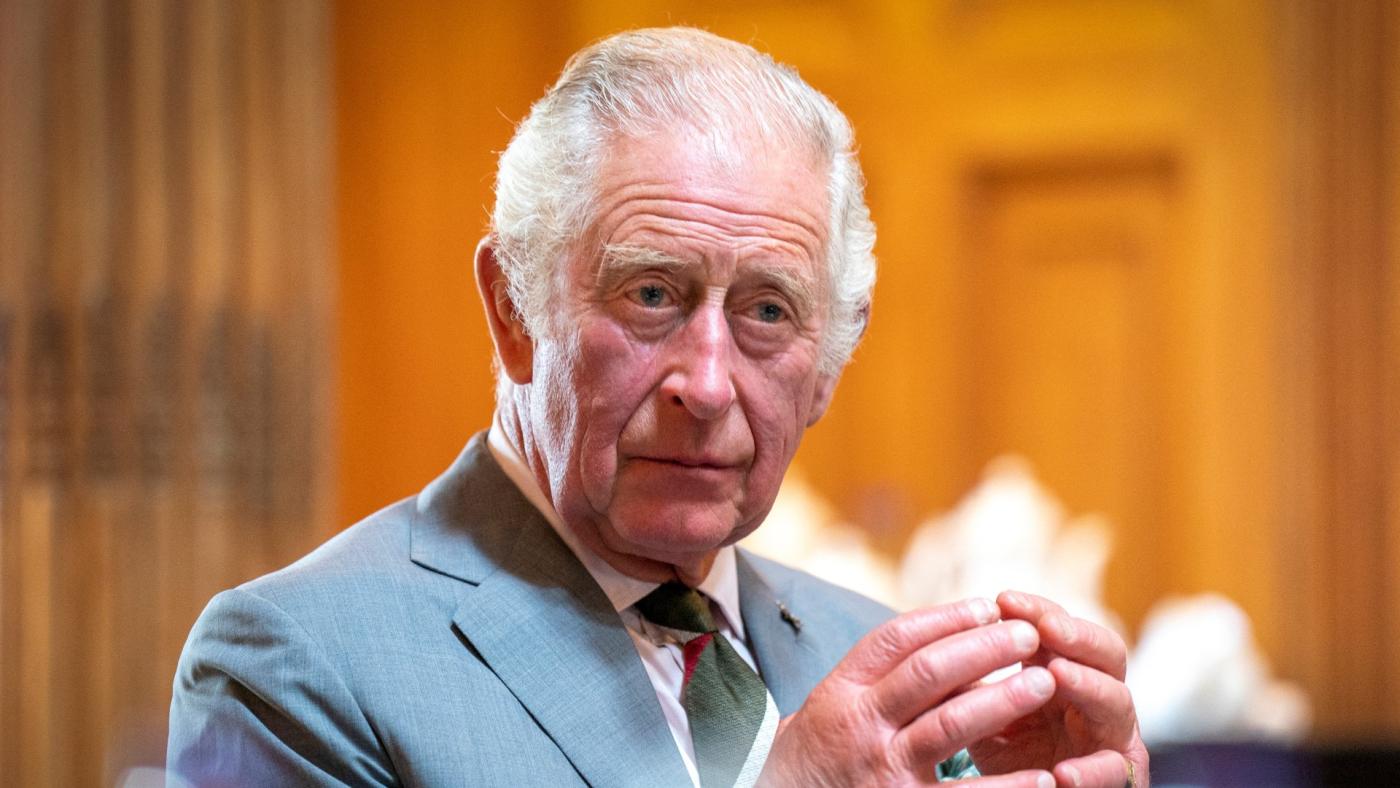A British teenager who made a graveside pledge to devote herself to the PKK cause has been convicted of intending to join the proscribed Kurdish terrorist organisation to fight Islamic State.
Silhan Özçelik, 18, from north London, ran away from home, took a train to Brussels, and left behind letters and a video for her distraught family telling them she wanted to be a guerrilla fighter and was joining the Kurdistan Workers’ party’s women’s militia. She is the first British citizen to be convicted for trying to join the campaign against Isis jihadis in Syria.
Özçelik, who was 17 when she went to Belgium in October 2014, had been “smitten” by the PKK since she was 13 after watching a film, Comrade Beritan, about a PKK female guerrilla who threw herself off a cliff rather than face capture and died in 1992. She had also visited the Turkish grave of Leyla Saylemez, whose nom de guerre was Comrade Ronahi and one of three female PKK activists shot dead at a community centre in Paris in January 2013. In the 25-minute video Özçelik left behind explaining her decision to her family, she said she had taken soil from Ronahi’s grave and made a promise, which she was now going to fulfil.
The jury at the Old Bailey dismissed Özçelik’s claim that she had invented the PKK story because she was running away to meet a 28-year-old man in Belgium with whom she hoped to kindle a romantic relationship, and wanted to spare her family shame in the strict, traditional Kurdish community. Dan Pawson-Pounds, prosecuting, said the video and letters, in which she passionately described her love for the PKK, her wish to become a militant and “bride to the mountains”, and her desire for her family to be proud of her, “couldn’t be clearer or more consistent” with her long-held ambition to be a fighter and guerrilla.
There was no evidence Özçelik had joined the PKK, made contact with PKK members or travelled to Turkey or Syria before she returned to Britain from Cologne in Germany in January 2015 and was arrested at Stansted airport.
The jury of nine women and three men took five hours to reach a unanimous verdict. Sentencing her to 21 months in a young offender institution, the judge, John Bevan, described her as “a stupid, feckless and deeply dishonest young woman”. He said her sentence was much reduced “because of the highly unusual factors of this case”. She would have to live with the “long lasting consequences of a conviction for terrorism”, he added. As he passed sentence, sobs could be heard from the public gallery where members of her family had sat throughout the trial.
After the trial Commander Richard Walton, head of the Met’s counter-terrorism command (SO15), said: “We continue to remain concerned about the number of young women and girls being drawn into all forms of terrorism.






